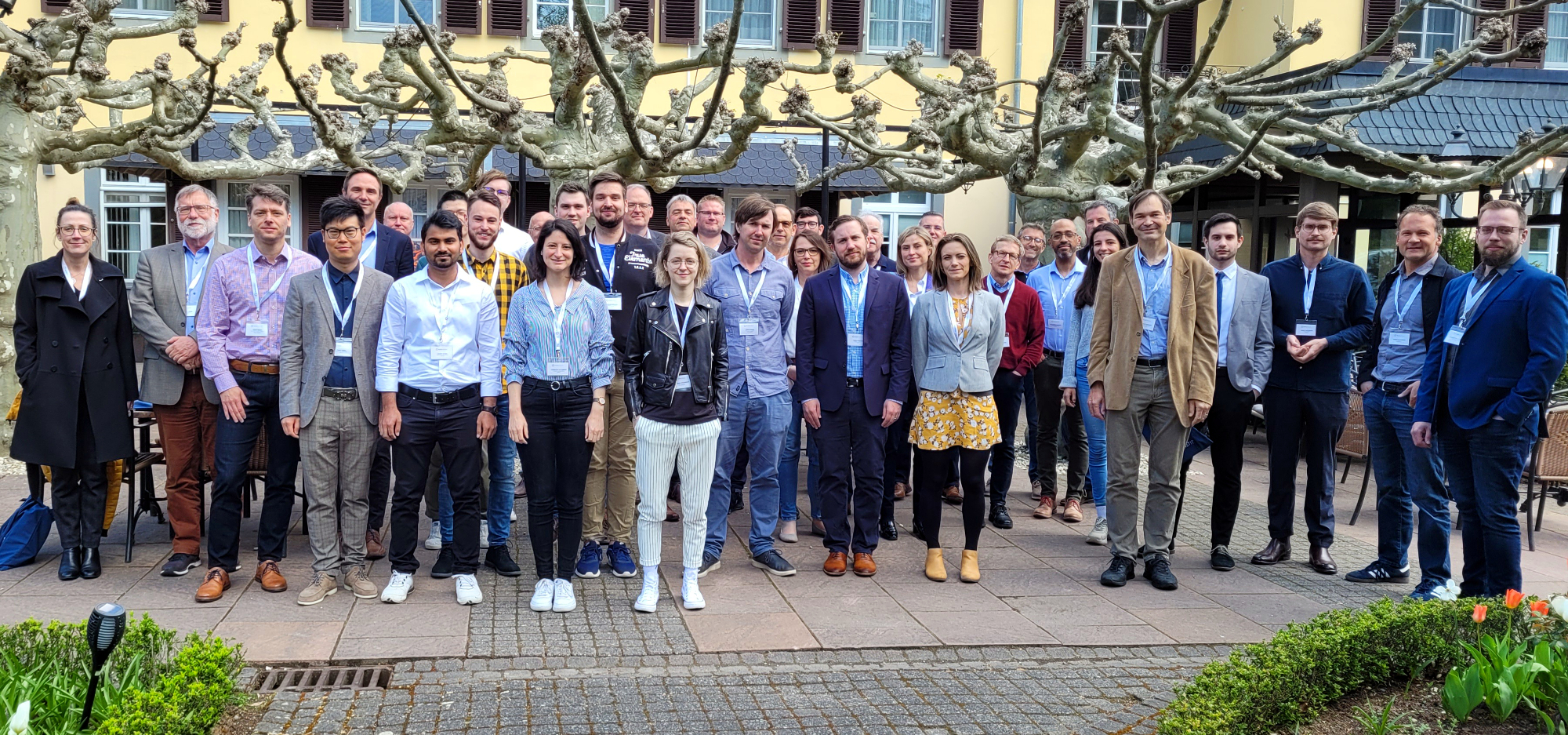Alkene functionalization has been appreciated by chemists for a long time for the efficient construction of complex molecules. This symposium highlighted current advances with a focus on stereoselective reactions leading to the construction of novel stereocenters. Stoichiometric and catalytic protocols were discussed while substrate- as well as reagent-controlled mechanisms can operate.
The symposium covered the whole range of synthetic methodology from mechanistic considerations on alkene recognition, efficient formation of synthetic building blocks and application of the methodology towards target synthesis of natural products and pharmaceuticals. The major players provided cutting edge overviews of their respective scientific fields.


